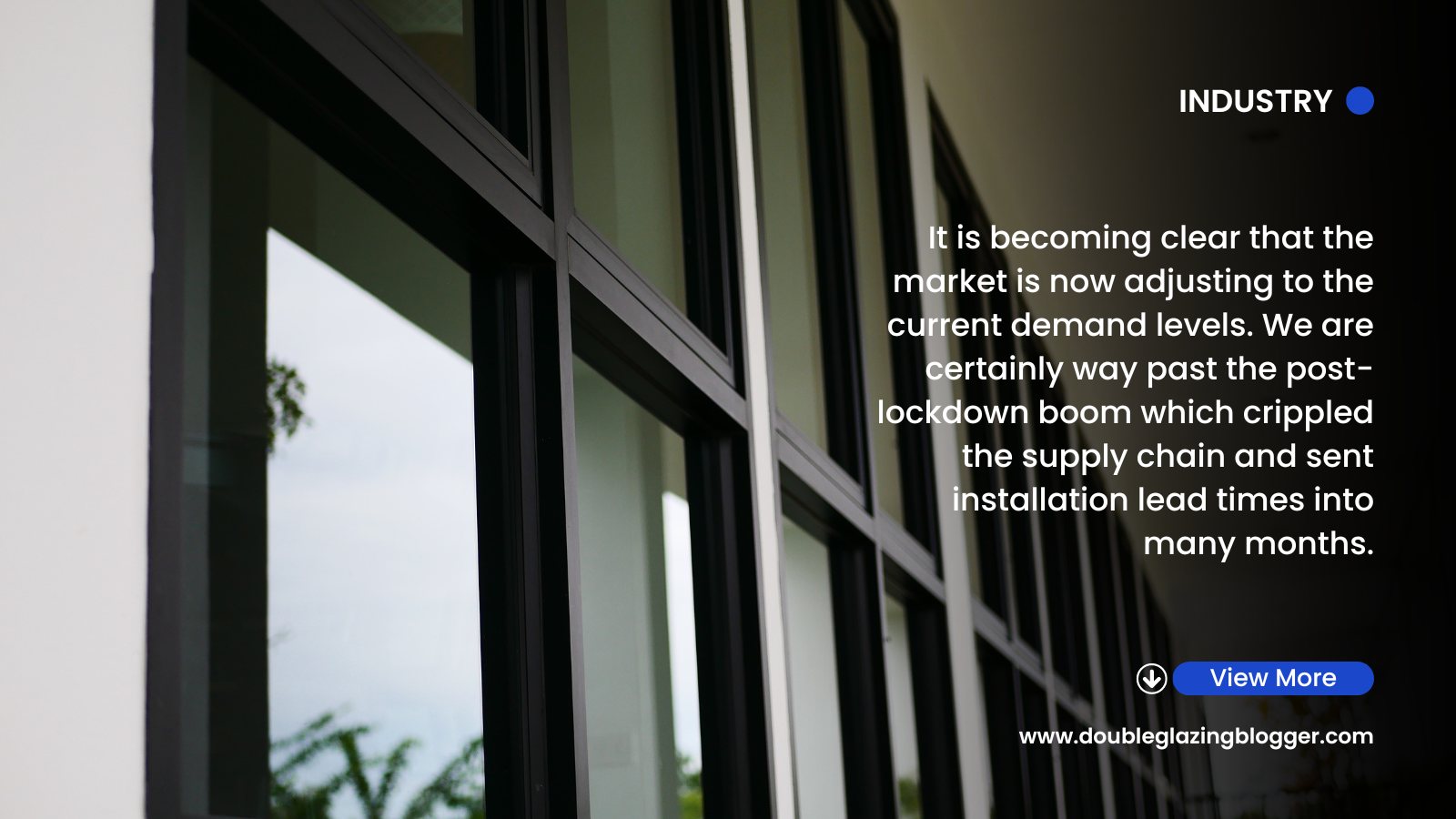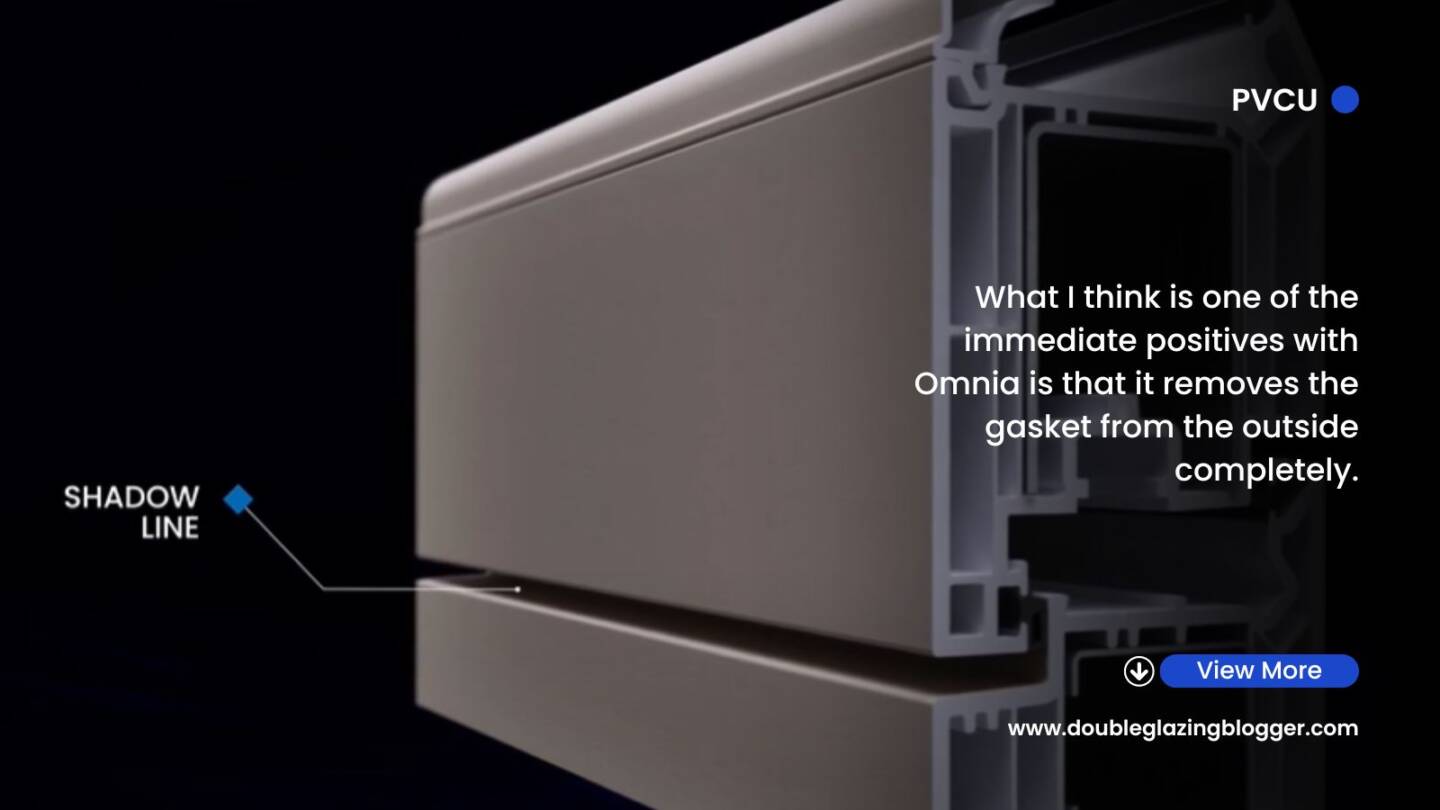Remember earlier on in the year when there was a fair old panic about aluminium? Specifically about supply and price and how it could affect our industry? Well that never fully materialised did it. A mix of US sanctions and supply problems in other countries all contributed to the crisis. It caused the price of LME Aluminium to spike above $2700 per tonne.
That price has now fallen back significantly. So what now for our industry which relies heavily on this commodity?
Prices fall way back
This chart shows how much the price has actually fallen away:

Credit: Bloomberg
Intra-day highs reached $2718 and at close of play on Friday settled at $1949. That’s a drop of $769 per tonne. That’s a significant reduction. At the time, there were warnings that aluminium prices into the window and door industry were on the rise as the effects of this rapid rise began to take hold.
But as with most scenarios like this, the hype was bigger than the reality, and the chart shows a steady decline from the Spring time onwards. Aluminium though is a commodity, and like other commodities, like oil for example, when the price rises we all expect prices of products made from that commodity to rise. That’s common sense. We also expect those prices to fall back when the commodity price falls back too. You may have noticed fuel prices edging back down as the price of oil has been steadily falling away over the past couple of months.
So will aluminium systems companies and fabricators now be looking at their own prices to their customers? It’s likely that those buying on three month contracts will now have had the advantage of those lower prices. The eagle-eyed installers might now be looking at their suppliers to see some of those lower prices passed on.
What are the chances of that happening?
Don’t expect prices to fall
Quick to rise slow to fall. It’s the phrase often described about the prices we pay at the pumps as a wider reflection on the price of oil. I’d say it’s also a fair assumption on fenestration sector prices as well. The rapid price rise in aluminium was significant, and it will no doubt have led to higher prices for systems companies and fabricators. But the reduction was significant as well, and will already be being felt at sysco and fabricator level. However the temptation to pass on those reductions further downstream won’t be very strong at all. This is a chance to reinforce margins for the key suppliers.
I’ll say this though, the aluminium market in the residential sector of our industry is performing very strongly right now and is set to keep performing well for a good few years to come. With the end of the current economic cycle coming, Brexit, and other headwinds coming, it would be wise to give installers all the tools possible to make sure that they keep selling as many aluminium windows and doors as possible.
Looking at this from a wider point of view, I still think there should be far more transparency about costs in our industry. Other than Brisant Secure coming out a while ago to say that they would price their products according to changes in their raw material costs, no one else has done it yet. Given how available commodity data is now, and the general societal push towards readily available information, there is certainly an argument for more of the UK window and door industry to not only open up about how it prices it’s products, but also to pledge that when external factors change, their prices change too.
That’s not to say companies shouldn’t be making profits, that is absolutely paramount. But when there are such massive swing up then down in the prices of commodities that our industry relies on, it would be nice to think that some of that slack could be passed on downstream. There is the case that a slightly lower price, allowing installers to actually sell more has strong economic foundations.
Not holding my breath though.
To get weekly updates from DGB sent to your inbox, enter your email address in the space below to subscribe:
By subscribing you agree to DGB sending you weekly email updates with all published content on this website, as well as any major updates to the services being run on DGB. Your data is never passed on to third parties or used by external advertising companies. Your data is protected and stored on secure servers run by Fivenines UK Ltd.






